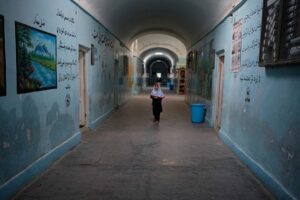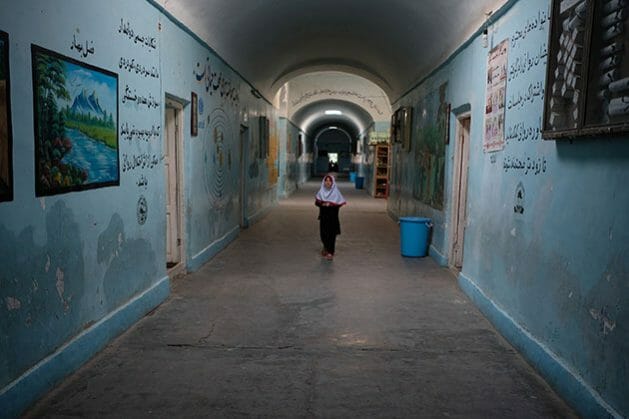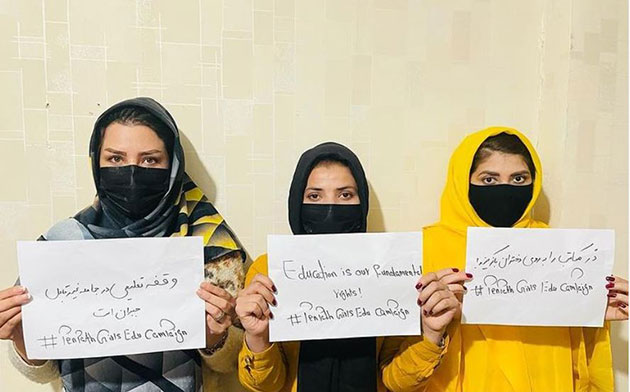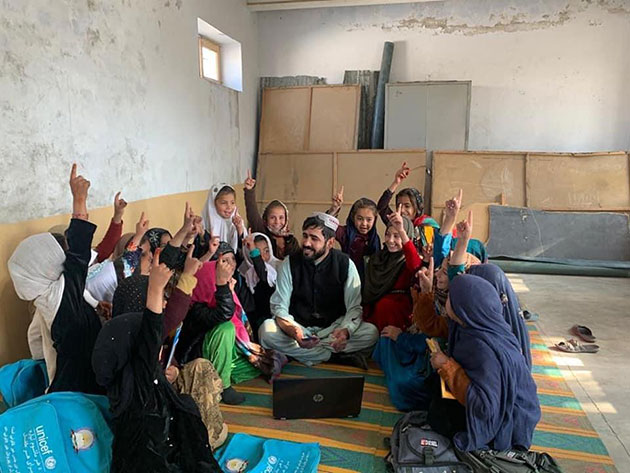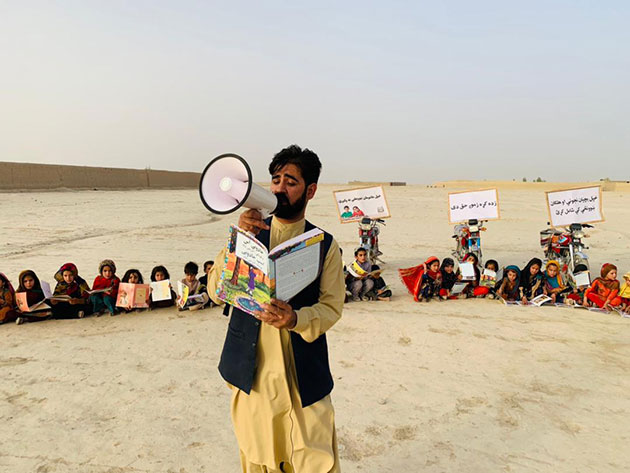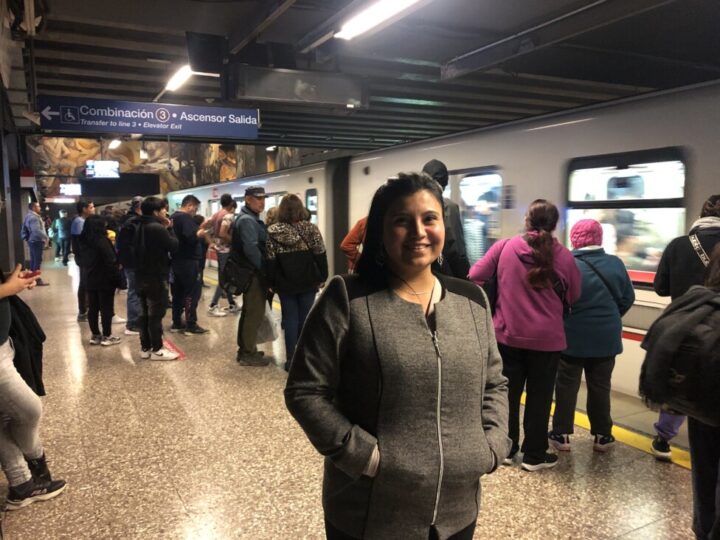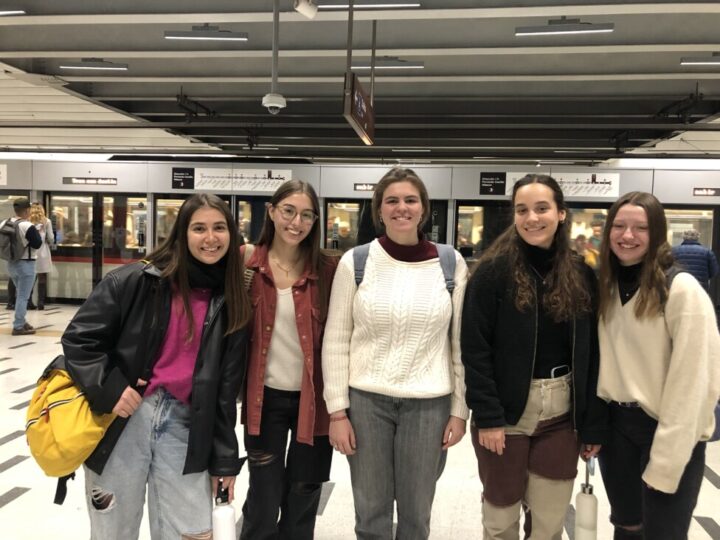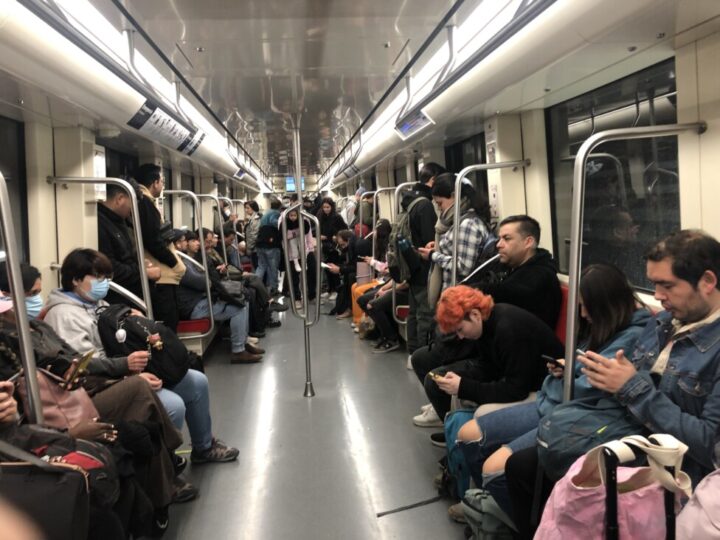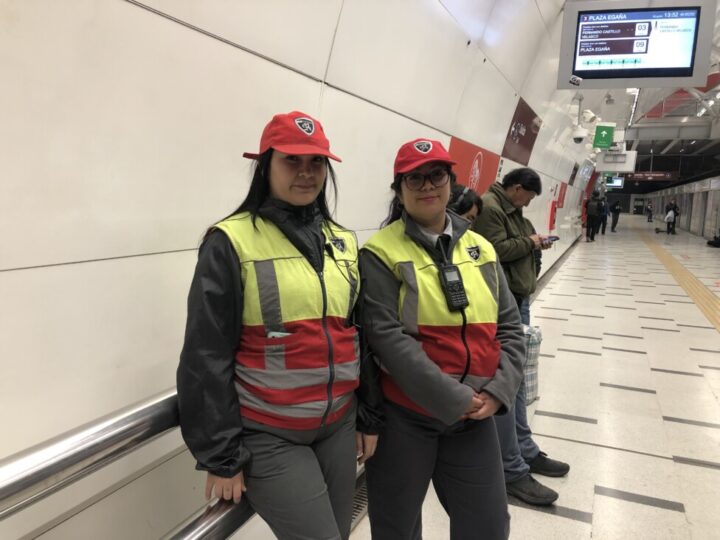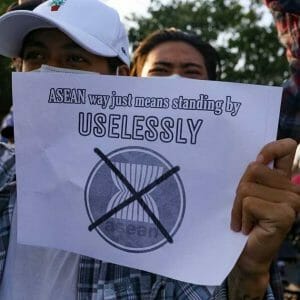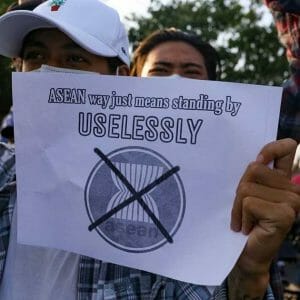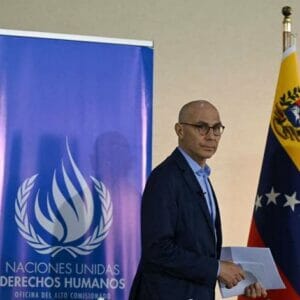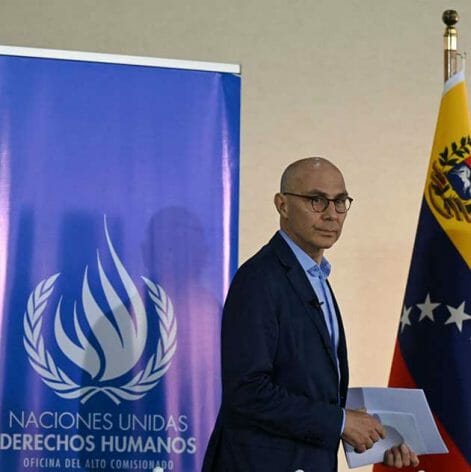
Civil Society, Crime & Justice, Gender, Gender Violence, Headlines, Human Rights, Inequality, Labour, Latin America & the Caribbean, Poverty & SDGs, TerraViva United Nations
– Acapulco is a paradise. A port of golden sunsets, toasted sand, and deep blue sea. Its dream beaches captivated the hearts of Elvis Presley and Elizabeth Taylor. US President John F. Kennedy chose its shores to spend his honeymoon with Jackie Kennedy. Its luxury hotels and the untamed sea made it the most famous tourist destination in Mexico.

Rosi Orozco
Today, Acapulco is devastated. A Category 5 hurricane—the deadliest possible rating—called “Otis” hit the beach on October 25 with incomparable force. No one anticipated it. Hours before it made landfall, it was just an inconvenient storm. Suddenly it became a deadly cyclone. Most of the hotels are destroyed, the sea swallowed people, houses were blown away, and dozens of people are dead.
In the last century, its beauty attracted the world’s most influential celebrities. Its tranquil mornings and lively nightlife attracted actresses, singers, politicians, aristocratic musicians, and families who wanted to spend their summers by the sea. I myself spent my youth at the family timeshare apartment in Acapulco, and it was there that I met my husband Alejandro, with whom I’ve been married for 40 years. My life is permanently connected to Acapulco.
Luxury businessmen, millionaire athletes, and Michelin-starred chefs arrived. Also drug dealers, money launderers, and men looking for girls and boys to rape in exchange for food or a few dollars for their parents who lived in the city’s poor areas.
Because there are two Acapulcos. They both share an airport and roads, so all roads lead to that pair of versions of the same city. There is a “diamond Acapulco” where the rich vacation with all the amenities at their disposal. And there is a “traditional Acapulco,” where the poor live who work for wealthy tourists.
The people who inhabit “diamond Acapulco” and “traditional Acapulco” do not usually cross paths. They live in the same city, but they are separated by golf courses and exclusive shopping malls. Only rich foreigners and wealthy nationals cross to the poor side when they feel a repugnant urge: to make their plans for child sex tourism a reality with girls and boys as young as 3 years old.
Acapulco is one of the most unequal tourist destinations in the world. In Mexico, it is the most unequal municipality of all: more than 60% of its 900,000 inhabitants live in extreme poverty, which means they do not know what they will eat today or tomorrow. They are the workers who serve plates of fresh seafood, who sweep marble floors, who fill the wine glasses of tourists.
For years, journalists and human rights organizations have told horrific stories that combine poverty, inequality, and sex tourism: a 6-year-old boy rented out to be photographed naked in exchange for milk and eggs; a 9-year-old girl sold to a Canadian tourist to be his wife for a month; homeless teenagers invited to sex parties on lavish yachts in exchange for food; parents and mothers waiting outside hotels for their children to be raped for a price paid in dollars per hour.
Those pedophiles and child molesters turned Acapulco into the country’s primary destination for child sexual tourism. They also led Mexico to the disgraceful second position in the production of child pornography, only surpassed by Thailand, according to data from the Mexican Chamber of Deputies and the United Nations Children’s Fund.
Today, Acapulco is a different place. Little remains of the port that enchanted singers Agustín Lara and Luis Miguel. There are thousands of poor families without homes, hundreds of workers who lost their jobs, and dozens of fishermen without boats to go out to sea to find sustenance. The destruction is so extensive that complete economic recovery is estimated to take decades, not years.
Under these conditions, childhood is at very high risk. Many families have lost so much that their bodies are the only currency they have left. And in the dirty business of forced prostitution, child bodies are the most sought after.
Amid this unprecedented crisis in Mexico, the Chamber of Deputies approved amendments to the general law against human trafficking. These changes aim to broaden the scope of the law enacted in 2012 and update it to address new technologies that traffickers and organized crime engaged in sexual exploitation can use. The wording has some issues that we are still analyzing, but it also includes positive aspects.
For example, it introduces new protections for individuals with injuries, intellectual disabilities, and Afro-Mexican towns and communities. The latter represent 6.5% of the total population in Guerrero and 4% of the residents in Acapulco, according to the National Population Council.
Civil society organizations are monitoring these changes and hope that the deputies will honor their commitment to protecting the victims.
Meanwhile, it is the responsibility of all, not just in Mexico, to help Acapulco back on its feet, a place that has given so much to both nationals and foreigners. It won’t be easy or quick, but every day we delay puts the vulnerable children at risk due to the magnitude of sexual tourism in that beautiful port.
After Hurricane Otis, Acapulco will be different. Its reconstruction is an opportunity to build a new city on the ruins of depravity, one with values and respect for human dignity. I long for the day to see it standing and for its coastline, beach, and air to remain a paradise, especially for children like me who grew up happily by the sea.
IPS UN Bureau

